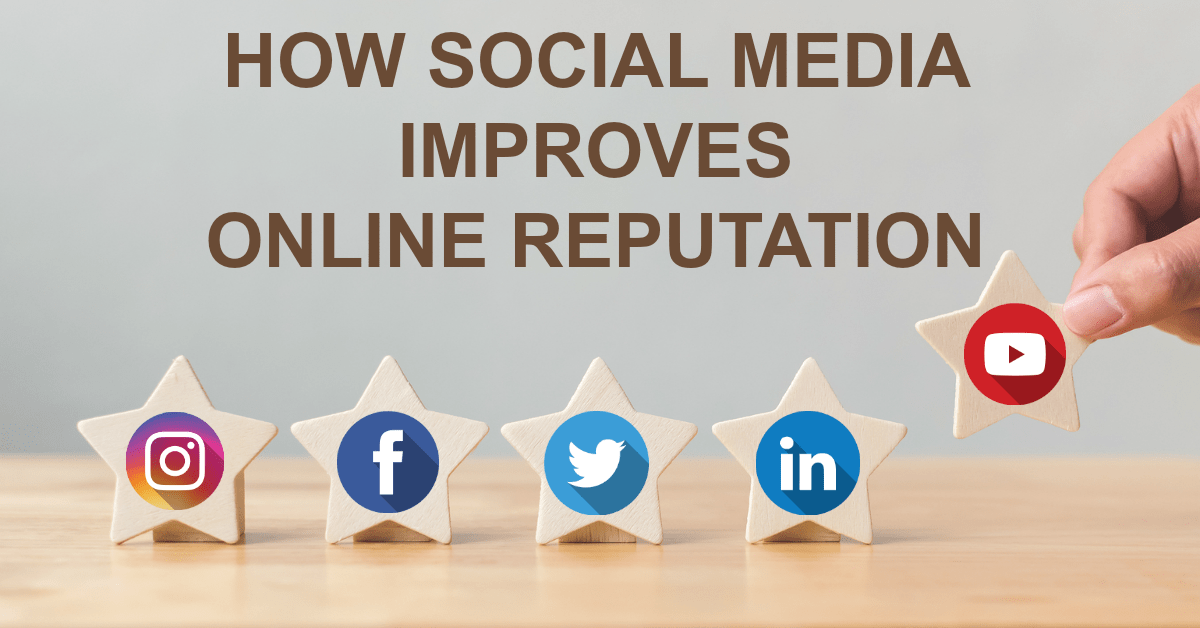Reputation Management
Reputation management is the strategic process of shaping, monitoring, and influencing the perceptions, opinions, and sentiments surrounding an individual, business, or organization. In today’s interconnected world, where information travels rapidly and widely, reputation management has become essential for maintaining credibility, trust, and success.
At its core, reputation management involves actively managing how an entity is perceived by its stakeholders, including customers, employees, investors, and the general public. It encompasses various strategies and tactics aimed at shaping public perception, mitigating reputational risks, and fostering a positive image.
One key aspect of RM is proactive engagement with stakeholders. This involves communicating transparently, engaging authentically, and listening attentively to feedback and concerns. By building strong relationships and fostering open dialogue, entities can cultivate trust and loyalty among their stakeholders.
RM also involves monitoring and analyzing online and offline conversations, reviews, news coverage, and social media mentions. By closely monitoring these channels, entities can identify emerging issues, trends, and sentiment shifts that may impact their reputation.
Moreover, RM encompasses crisis preparedness and response. In the event of a reputational crisis, entities must have robust strategies and protocols in place to address the situation promptly, transparently, and effectively.
Ultimately, reputation management is about proactively managing perceptions and building a strong, resilient reputation over time. By prioritizing transparency, integrity, and authenticity in their actions and communications, entities can strengthen their reputation, mitigate risks, and thrive in today’s competitive landscape.





